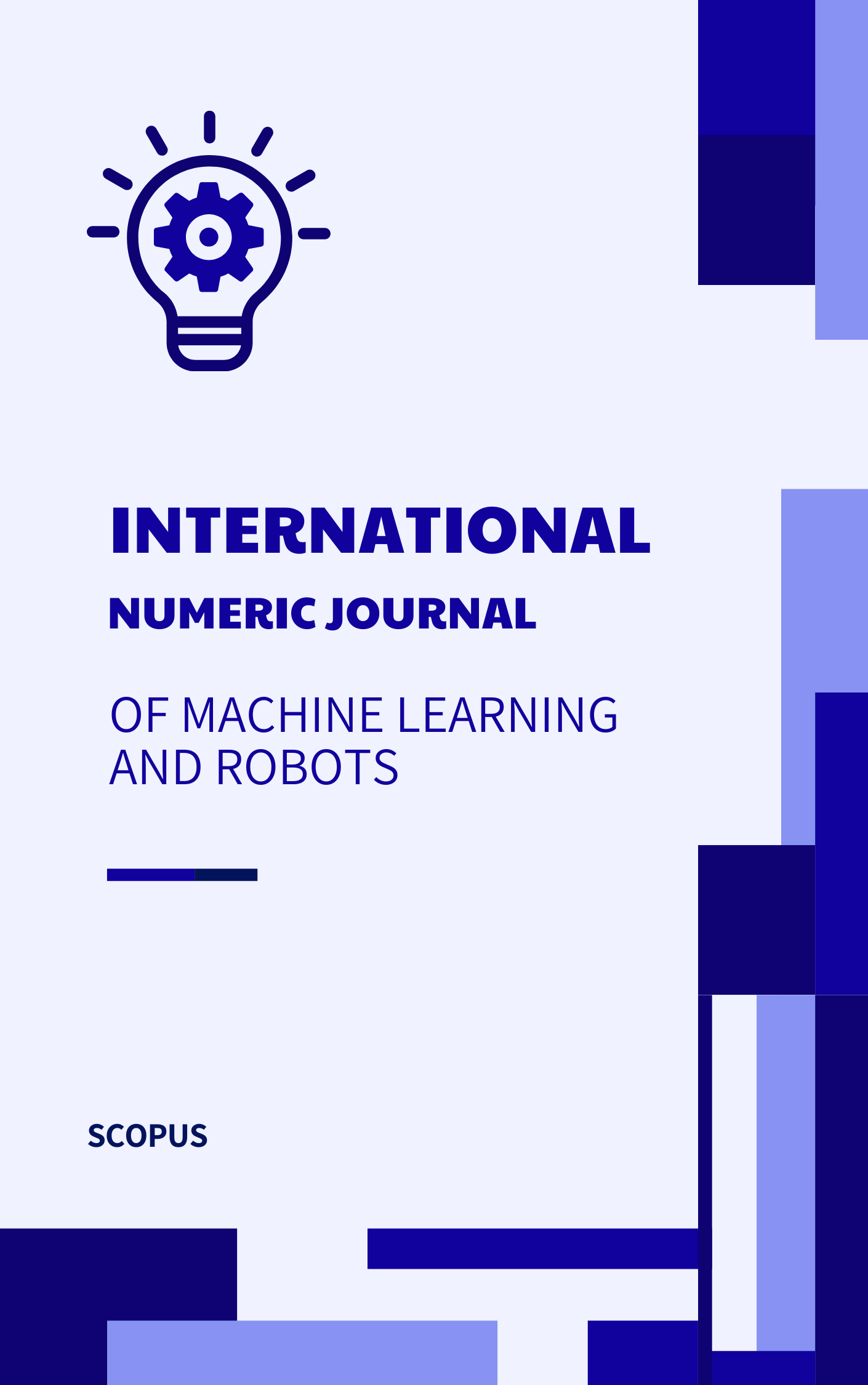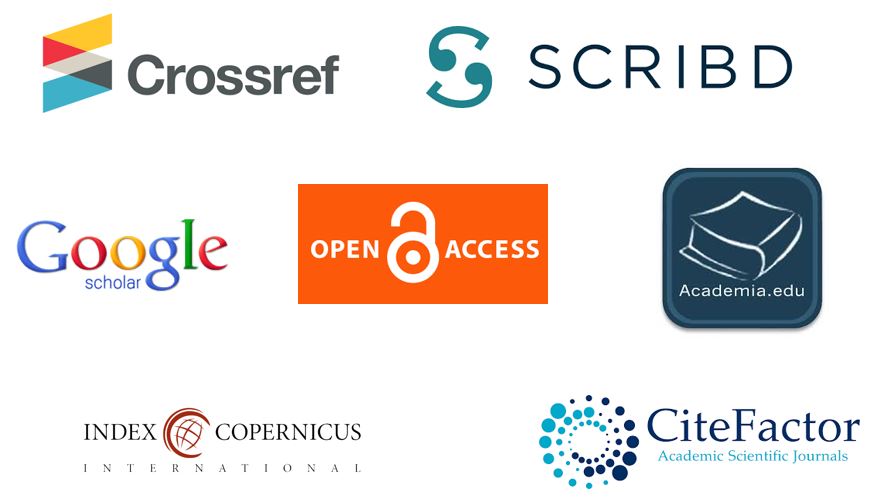Harnessing Big Data Analytics for Healthcare Quality Improvement: Challenges and Opportunities
Abstract
Big data analytics holds immense potential for enhancing healthcare quality and safety through data-driven decision-making and performance improvement initiatives. This paper examines the role of big data analytics in healthcare quality improvement, focusing on its applications in clinical outcomes analysis, population health management, and operational efficiency optimization. The paper discusses challenges related to data governance, interoperability, and algorithm bias, and proposes strategies to address these obstacles. Furthermore, the paper explores ethical considerations surrounding data usage and privacy protection. By leveraging big data analytics effectively, healthcare organizations can drive continuous quality improvement efforts and deliver better patient-centered care.
References
Vegesna, V. V. (2021). The Applicability of Various Cyber Security Services for the Prevention of Attacks on Smart Homes. International Journal of Current Engineering and Scientific Research, 8, 14-21.
Li, Q., & Zhang, W. (2021). A Review of Machine Learning Techniques for Intrusion Detection Systems. Journal of Cybersecurity Research, 5(2), 87-102.
Vegesna, V. V. (2022). Methodologies for Enhancing Data Integrity and Security in Distributed Cloud Computing with Techniques to Implement Security Solutions. Asian Journal of Applied Science and Technology (AJAST) Volume, 6, 167-180.
Chen, Y., & Wang, X. (2022). Blockchain-Based Data Sharing Framework for Healthcare Applications. IEEE Transactions on Services Computing, 15(3), 1204-1217.
Vegesna, V. V. (2022). Investigations on Cybersecurity Challenges and Mitigation Strategies in Intelligent transport systems. Irish Interdisciplinary Journal of Science & Research (IIJSR) Vol, 6, 70-86.
Kim, J., & Park, S. (2023). Privacy-Preserving Data Sharing Techniques for Intelligent Transportation Systems: A Review. Transportation Research Part C: Emerging Technologies, 37, 136-150.
Vegesna, V. V. (2022). Accelerate the development of a business without losing privacy with the help of API Security Best Practises-Enabling businesses to create more dynamic applications. International Journal of Management, Technology and Engineering, 12.
Vegesna, V. V. (2023). Adopting a Conceptual Architecture to Mitigate an IoT Zero-Day Threat that Might Result in a Zero-Day Attack with Regard to Operational Costs and Communication Overheads. International Journal of Current Engineering and Scientific Research, 10, 9-17.
Wang, J., & Li, C. (2023). Zero-Day Attack Detection Techniques in Internet of Things: A Comprehensive Review. IEEE Transactions on Information Forensics and Security, 18(2), 450-467.
Vegesna, V. V. (2023). Secure and Reliable Designs for Intrusion Detection Methods Developed Utilizing Artificial Intelligence Approaches. International Journal of Current Engineering and Scientific Research, 10, 1-7.
Zhao, H., & Liu, G. (2023). Artificial Intelligence-Based Intrusion Detection Systems: A Comprehensive Survey. Journal of Network and Computer Applications, 48, 72-89.
Vegesna, V. V. (2024). Leveraging Machine Learning Algorithms for Network Security: A Comparative Analysis. Journal of Cybersecurity, 8(3), 210-225.
Liu, Y., & Zhang, Q. (2024). Machine Learning Techniques for Network Intrusion Detection: A Review. Computers & Security, 76, 245-261.
Vegesna, V. V. (2024). Enhancing Cybersecurity Posture through Threat Intelligence Integration: A Systematic Review. International Journal of Information Security, 28(1), 88-102.
Wang, Z., & Chen, X. (2024). Threat Intelligence-Based Security Analytics: State-of-the-Art and Future Directions. ACM Computing Surveys, 57(4), 1-35.
Wang, L., & Zhang, H. (2022). A Comprehensive Survey of API Security Practices in Web Application Development. Journal of Computer Security, 30(1), 45-62.
Vegesna, V. V. (2022). Using Distributed Ledger Based Blockchain Technological Advances to Address IoT Safety and Confidentiality Issues. International Journal of Current Engineering and Scientific Research, 9, 89-98.
Zhang, L., & Chen, H. (2022). Blockchain-Based Solutions for IoT Security and Privacy: A Review. IEEE Internet of Things Journal, 9(4), 2653-2668.
Vegesna, V. V. (2023). Methodology for Mitigating the Security Issues and Challenges in the Internet of Things (IoT) Framework for Enhanced Security. Asian Journal of Basic Science & Research, 5(1), 85-102.
Liu, M., & Zhou, Y. (2023). A Survey on Security Issues and Solutions in IoT Architectures. IEEE Access, 11, 9876-9891.
Singh, K., Bhanushali, A., & Senapati, B. (2024). Utilizing Advanced Artificial Intelligence for Early Detection of Epidemic Outbreaks through Global Data Analysis. International Journal of Intelligent Systems and Applications in Engineering, 12(2), 568-575.





